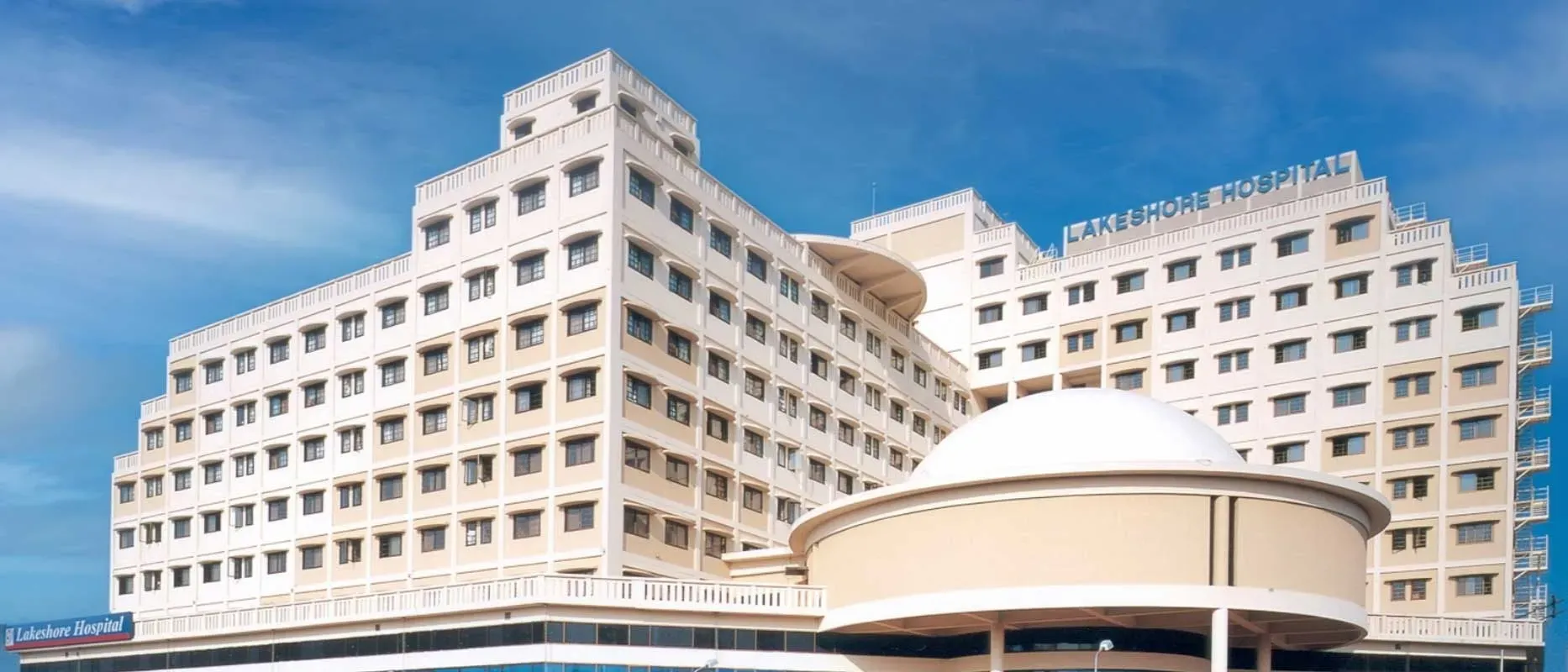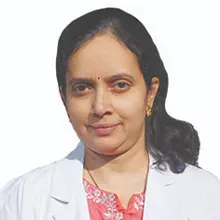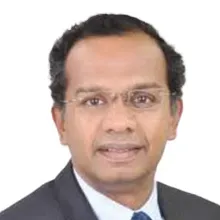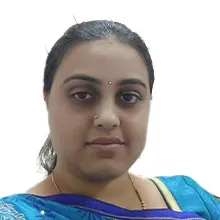Overview of Pediatric Bone Marrow Transplant Treatment India
Pediatric Bone Marrow Transplant is a treatment that is used in children suffering from a cancer or blood cell disorder. In bone marrow transplants, the stem cells are replaced with diseased bone marrow. In normal conditions, the bone marrow produces healthy stem cells that convert into white blood cells, red blood cells, and platelets. But in a diseased condition, bone marrow produces abnormal cells and may need the procedure of bone marrow transplant. The symptoms of the disease are according to the specific condition of a child. Some children experience severe symptoms and they need a bone marrow transplant for their survival for a long time. The process of bone marrow transplant typically begins with the selection of a suitable donor either a compatible family member or an unrelated individual. However, the donor who is a close family member is usually preferred. Once a donor is identified, the child undergoes chemotherapy or radiation therapy to kill the cancer cells in the bone marrow. After that, healthy stem cells are transplanted which replace the damaged stem cells. The success of pediatric bone marrow transplants depends on the compatibility of the donor, post-transplant care, and the overall health of a child before the procedure.
Types of Pediatric Bone Marrow Transplant Treatment India
Some types of Pediatric bone marrow transplant procedures are described below:
- Autologous Transplant
- Allogeneic Transplant
- Haploidentical Transplant
- Umbilical Cord Blood Transplant
- Reduced-Intensity Transplant
Autologous Transplant
In this technique, the stem cells of a child are extracted and stored before the treatment of cancer. This personalized approach reduces the chances of risk of rejection as the body recognizes and accepts its cells.
Allogeneic Transplant
Allogeneic transplant involves using stem cells from a compatible donor, typically a family member or unrelated match. This technique increases the chances of finding a suitable match. A suitable match is very important for the success of the pediatric bone marrow transplant procedure.
Haploidentical Transplant
The haploidentical transplant involves the donor who is partially matched to the child. This technique is particularly valuable when a fully matched donor is not available. It is an alternative approach for the pediatric bone marrow transplant procedure.
Umbilical Cord Blood Transplant
In this technique, stem cells are obtained from the umbilical cord of the newborn. This technique offers an alternative source for transplantation. Umbilical cord blood transplant is advantageous due to its reduced risk of rejection and increased availability as compared to traditional donors.
Reduced-Intensity Transplant
In this technique, instead of high doses of chemotherapy or radiation therapy to eliminate the existing diseased bone marrow, low-intensity treatments are used with low doses. This technique is particularly suitable for pediatric cases who may be unable to tolerate the high doses associated with standard transplants.
Procedure of Pediatric Bone Marrow Transplant
The overview of the pediatric bone marrow transplant procedure is described below:
Donor Selection: The donor is selected from which the stem cells are obtained. The donor should be a compatible family member, unrelated but matched, or umbilical cord blood.
Conditioning Regiment: In the preparation for the transplant procedure, chemotherapy or radiation therapy is given to eliminate existing bone marrow and to create space for the transplant.
Stem Cell Harvesting: The donor stem cells are collected through bone marrow aspiration, peripheral blood stem cell apheresis, or umbilical cord blood banking.
Transplantation: After the collection, the stem cells are infused into the bloodstream of the child through a central venous catheter that allows the stem cells to migrate to the bone marrow and establish a new blood cell production system.
Engraftment Monitoring: After the transplantation, regular monitoring of blood counts is required to assess the successful engraftment of donor cells in the bone marrow of a child.
Immunosuppression: Some specific medications are administered to suppress the immune system of a child for the prevention of rejection of the donor cells.
Supportive Care: After the Pediatric Bone Marrow Transplant procedure, supportive treatment such as blood transfusions, medications for infection, and nutritional support are given to the patient to manage the side effects and to promote recovery.
Cost of Pediatric Bone Marrow Transplant in India
The cost of pediatric bone marrow transplants in India ranges from 18,000 USD to 60,000 USD. The donor selection before the transplant procedure can affect the cost of the procedure. The need for supportive treatment like blood transfusion, medications to prevent infection and to prevent rejection, and nutritional support can also affect the cost of the whole procedure.
| Treatment Costs in India |
Min in USD |
Max in USD |
| Autologous Bone Marrow Transplant |
18000 USD |
22000 USD |
| Allogeneic Bone Marrow Transplant |
30000 USD |
38000 USD |
| Haplo – Allogeneic Bone Marrow Transplant |
42000 USD |
52000 USD |
Symptoms & Risk Factors of Pediatric Bone Marrow Transplant Treatment
The conditions in which bone marrow transplant procedure is used in children are as follows:
- Leukemia
- Aplastic Anemia
- Thalassemia
- Sickle Cell Disease
- Neuroblastoma
- Hodgkin's Lymphoma
- Non-Hodgkin's Lymphoma
- Severe Combined Immunodeficiency
- Wiskott-Aldrich Syndrome
- Hemophagocytic Lymphohistiocytosis
- Myelodysplastic Syndrome
- Fanconi Anemia
- Metabolic Disorders
- Osteopetrosis
- Hurler Syndrome
- Adrenoleukodystrophy
- Diamond-Blackfan Anemia
- Chronic Granulomatous Disease
Risk Factors of Pediatric Bone Marrow Transplant
Some of the risk factors of pediatric bone marrow transplant are described below
Graft-versus-Host Disease (GVHD)
Graft-versus-host disease is a condition where transplanted donor cells attack the tissues of a child receiving the treatment. It can lead to various other complications.
Infections
Pediatric patients are more at risk of developing infections due to weakened immune systems after the transplant procedure.
Bleeding
The decreased number of specific cells in the blood can increase the chances of bleeding in children.
Graft Failure
The transplanted cells may not engraft properly which can lead to the failure of the transplant.
Organ Toxicity
Chemotherapy or radiation treatment used before the bone marrow transplant can cause toxicity to organs such as the liver and lungs.
Veno-occlusive Disease (VOD)
Veno-occlusive disease can occur when small blood vessels in the liver become damaged which can lead to other complications of the liver.
Pulmonary Complications
Sometimes, complications can occur related to the problems of breathing.
Immune System Suppression
The medications that are used before the transplant to reduce the immunity for the prevention of failure of graft can increase the chances of infections in children.
Renal Dysfunction
In some cases, after transplant, kidney damage can occur which may require further treatment and management strategies.
Nutritional Complications
Challenges may occur in maintaining proper nutrition during the pediatric bone marrow transplant procedure.
Respiratory Distress Syndrome
There is a risk of difficulty in breathing due to various factors which may include lung complications.
Cardiac Complications
Children with already existing heart conditions such as congenital heart diseases can cause some complications during and after the transplant.
Delayed Engraftment
The transplanted cells may take longer to establish themselves in the bone marrow of children.
Top Hospitals for Pediatric Bone Marrow Transplant in India
Shaping the future of the healthcare institution and establishing the path to accomplishment.
Kokilaben Dhirubhai Ambani Hospital and Medical Research Institute Mumbai,India
Book Appointment
Top Doctors for Pediatric Bone Marrow Transplant in India
Empower your Health with the Expertise of Leading Medical Professionals.
Dr. Poonam Shetty
Department of Pediatrics
Associate Consultant
Book Appointment
Treatment Costs for Pediatric Bone Marrow Transplant
Be the change and be an opportunist in transforming healthcare.
How it's Works
Guiding your Journey from Discovery to Treatment Planning and Beyond.
Discovery
Get a consultation to discover about your treatment
Pre-Treatment
Admission to the best hospital and all pre-treatment facilities
Post Treatment
Get post-treatment follow-up care with medicine fulfillment
Treatment Planning
Hassle-free treatment planning with package & cost estimations
in-treatment
world-class quality procedures and equipment for treatment


























